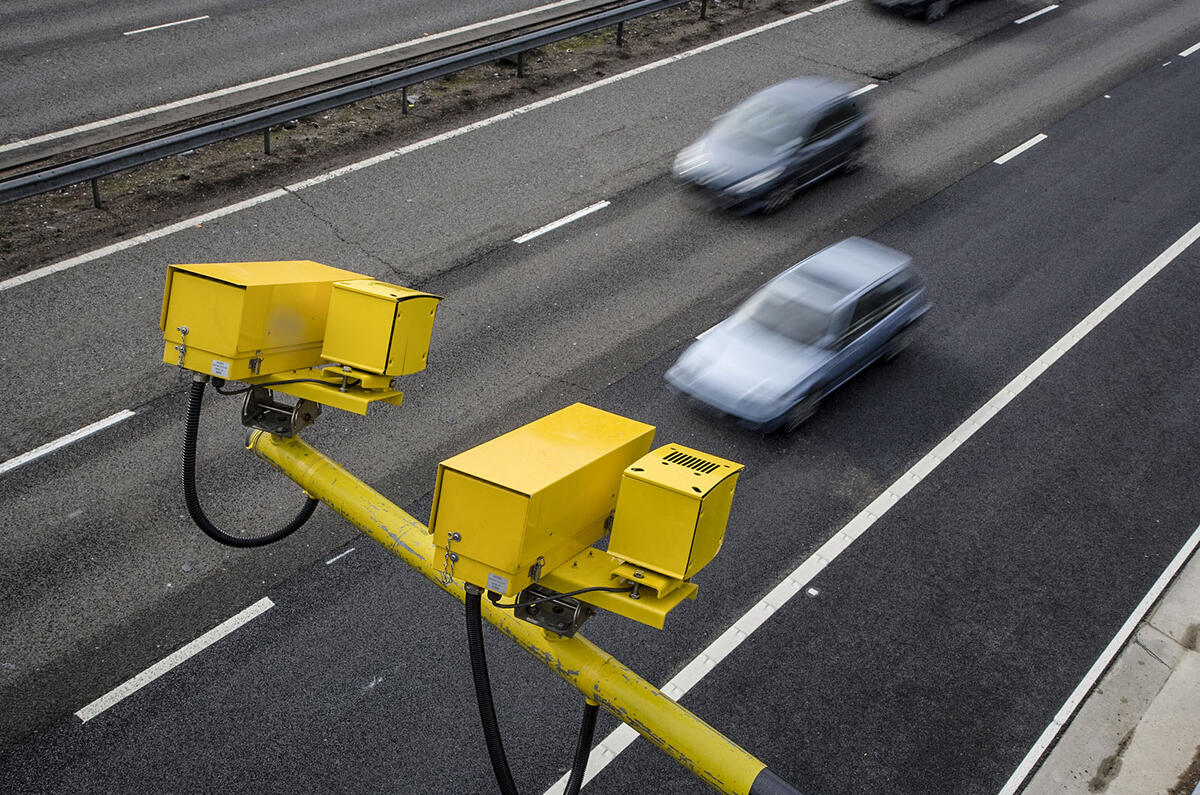The Parliamentary Transport Committee has called for the more widespread use of average speed cameras on Britain's roads in order to combat offences which are going undetected due to falling numbers of traffic police.
Regular speed cameras have always been controversial, drawing criticism from sceptics who say they're more dangerous and environmentally damaging than other speed limit enforcement methods. Critics say the fixed cameras cause drivers to brake sharply when they notice them, and then accelerate once they have passed the camera.
In its conclusions and recommendations, the committee calls for the greater use of avearge speed cameras which reduce the likelihood of drivers claiming to have been unfairly caught speeding and lessen the environmental impact of sharply decelerating and accelerating cars.
The committee recently posted figures for its detected motoring offences. The data shows that between 2004 and 2013 the number of recorded offences dropped from 4.3million to 1.6m. The committee was quick to add that this was not due to better-behaved motorists but was the result of the reduced number of traffic police on the road.
Neil Greig, director of policy and research at the Institute of Advanced Motorists (IAM), feels that alternatives should be considered. "With speed enforcement, the solution should always be a safety-based decision, whether implementing fixed or average speed cameras," he said. "Many roads which are perfectly safe would not benefit from cameras, so there wouldn't be a case for putting cameras there.
"Roads with speeding problems or accident blackspots should be targeted. Average speed cameras are expensive to install, so the money could be better spent on improving signage, lighting and a number of other road safety features. Roads can be re-engineered to be safer, so options and permanent solutions need to be explored, rather than a blanket average speed camera introduction. The merits of average speed cameras are apparent, and their compliance record is promising, but the idea of a blanket introduction to try to control drivers' speeding seems a more extreme solution than the problem warrants."
"The latest figures suggest that speed doesn't account for a large percentage of crashes [16%] - human error is usually more to blame."
The RAC, however, is in support of the proposals. Public affairs manager Nick Lyles said: "Seven in 10 motorists say they regularly or occasionally break the 70mph speed limit, so clearly there is an issue of compliance here. It’s important that the solution to that problem offers a range of alternatives, and average speed cameras can be part of this.
“However, motorists will feel that the enforcement of road traffic law is not only about installing more cameras. The decline in road traffic police officers in recent years has been a worrying trend, with a 23% reduction in England and Wales between 2010 and 2014. The presence of road traffic police officers can also play a big part in improving both safety and compliance, as well as giving motorists a sense that law breakers are not just simply getting away with it.”




Join the debate
Add your comment
Anyone who has driven on the
I would love if they did this on the A1 between Berwick & Morpeth as well.
However, in saying all this, I would like them to be used as a last resort. There are other options (better road designs etc) that should be researched into. And they should only be used in places where there have been a lot of accidents.
Also, what defines an accident should be changed as well. A friend of mine was telling me a story that a new camera was install in an accident blackspot. They need 4 accidents in the same area to make a case for a camera. 1 was genuine, but the other 3 were suicides. Awful though that is, a speed camera would have little affect to 3 of those cases. Redesign the area to protect pedestrians would be a far better idea
Well, to be honest.........
I thought when reported crime